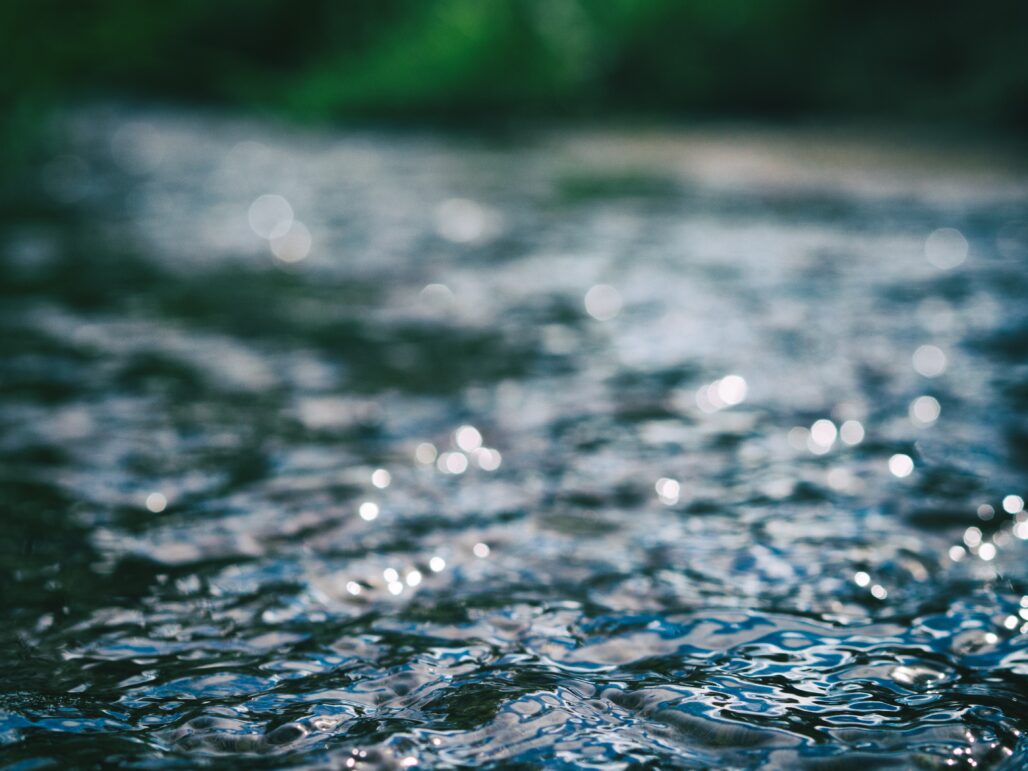Demonstration workshops at industrial cluster locations
ZERO BRINE is a European project that aims to recover and re-use salt and water from brine streams containing organics that result from several different industrial processes. The ISPT is a partner in this project and leads one of its work packages. The ZERO BRINE project aims to advance circular economy business solutions by reducing industrial saline wastewater streams through the recovery and reuse of minerals and water from brine streams. The technological solutions to achieve this will be demonstrated at four sites in Europe. The sites will be supported by activities enabling the exploitation of developed solutions including an Online Brine Platform.
The Online Brine Platform supports the communication and promotion of business opportunities between stakeholders along the value chain of brine, industrial water and salts. With the Online Brine Platform, suppliers of effective brine-treatment technologies are connected with processing industries and Re-users of the components retrieved.
The Online Brine platform will receive and handle the admission of new users and the matching requests, this will allow users to register, search information and process transactions. The Online Brine platform will offer an automated matching of prospective partners based on their economic and environmental objectives. Browsing will be free, but full access to information will be restricted only to registered users.
This online service will be supplemented by the organization of workshops and meetings to help facilitate the matchmaking process. Demonstration workshops will be organized at industrial sites in Delfzijl, Emmen, Botlek, Chemelot, Amsterdam, and Zeeland.

In the upcoming months we will invite you to join to the Online Brine Platform by registering and providing feedback on the web service.
More information
Check the ZERO BRINE Page or contact agata.vanoosten@ispt.eu .
Acknowledgement
This project has received funding from the European Union’s Horizon 2020 Research and Innovation Programme under grant agreement No 730390.